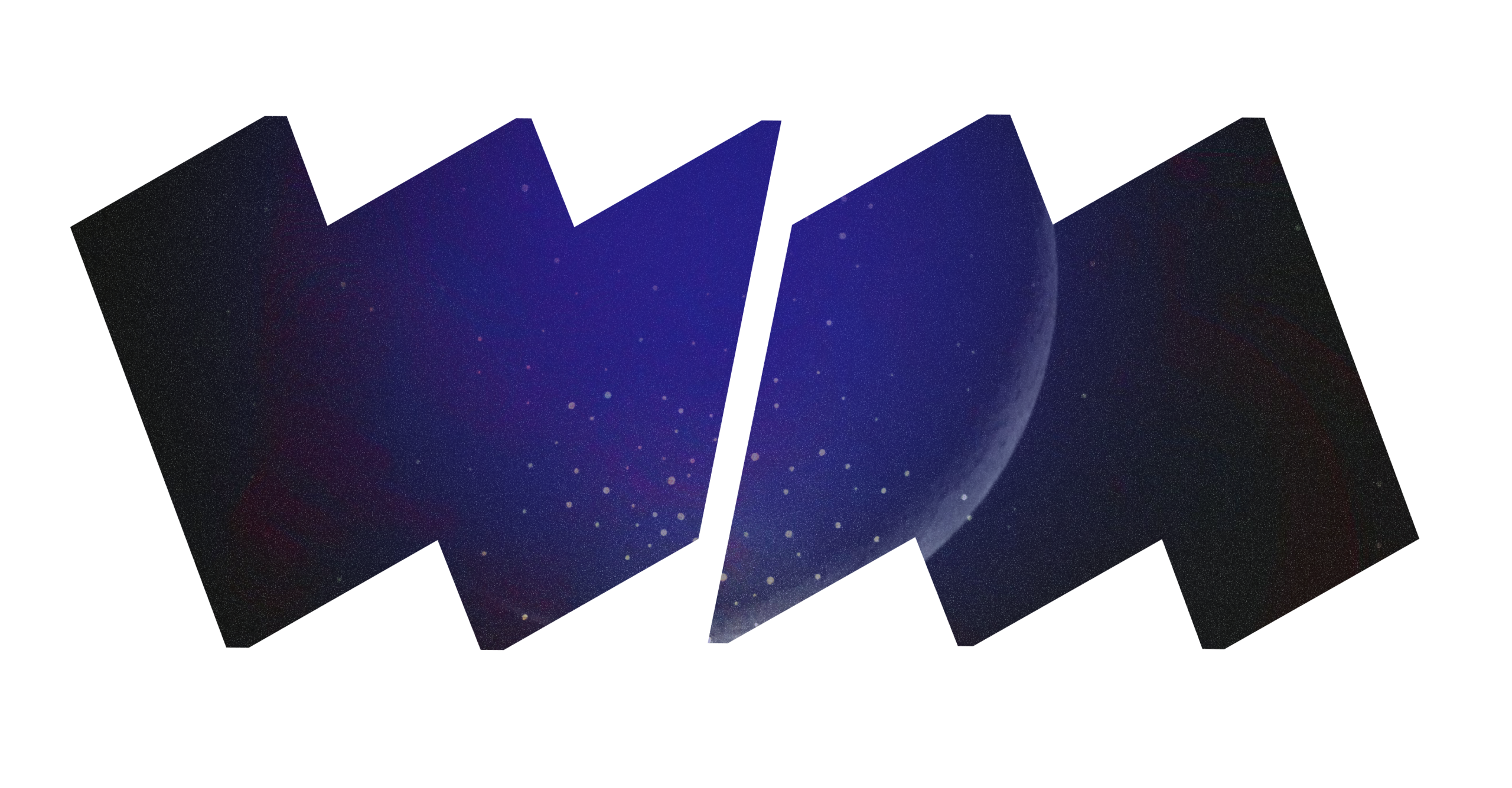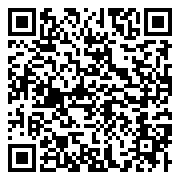
Dark Matter, Bright Futures: Celebrating Vera Rubin and Women in STEM
Dark Matter, Bright Futures: Celebrating Vera Rubin and Women in STEM honors Rubin’s extraordinary dual legacy as both a groundbreaking scientist and devoted mentor to generations of women in STEM. Her pioneering work provided crucial evidence for dark matter’s existence, but she was equally passionate about nurturing the next generation of female scientists, inspiring countless women who followed in her footsteps.
Timed with the release of her commemorative quarter through the U.S. Mint’s American Women Quarters Program, this special event embodies Rubin’s own mentoring spirit. Distinguished women scientists—including Barbara Esker from NASA, Dr. Kristen Thompson from Davidson College, Dr. Sara Seager from MIT, Dr. Rachel Beaton from the Space Telescope Science Institute, and Kihana Wilson from Argonne National Laboratory—will share their experiences and insights with young women and girls interested in astronomy and astrophysics.
Moderated by Madelyn Leembruggen and Taylor Contreras from A World of Women in STEM, the panel continues Dr. Rubin’s mission of representation and mentorship. It creates a direct lineage from her trailblazing advocacy to today’s leaders who are now inspiring the next generation, ensuring that her legacy of opening doors for women in STEM continues to flourish. As she told Berkeley’s 1996 graduating class, “Each one of you can change the world, for you are made of star stuff, and you are connected to the universe.”
Panelists:
Barbara Esker, NASA
Barbara Esker served as the Deputy Associate Administrator for Programs in NASA’s Aeronautics Research Mission Directorate. She oversaw cutting-edge research programs focused on transforming aviation and advancing sustainable flight technologies.
Dr. Kristen Thompson, Davidson College
Dr. Kristen Thompson is an Associate Professor of Physics at Davidson College who studies how magnetic fields affect the birth of stars. Using radio telescopes like Arecibo and the Very Large Array, she observes the Zeeman effect to investigate why star formation is far less efficient than expected. Her work sheds light on the hidden forces shaping galaxies and deepens our understanding of how stars—and eventually planets and life—come to be.
Dr. Sara Seager, Massachusetts Institute of Technology
Dr. Sara Seager is a Professor at MIT and a trailblazer in the study of exoplanets—worlds beyond our solar system. Her research spans the detection of exoplanet atmospheres, the search for signs of life, and the development of space missions including TESS, ASTERIA, and Venus life detection projects. A MacArthur “genius” grant recipient and member of the National Academy of Sciences, she continues to expand the frontiers of planetary science and space exploration.
Rachel Beaton, Space Telescope Science Institute
Rachel Beaton is a Postdoctoral Research Fellow at Princeton University with a joint affiliation at the Carnegie Observatories in Pasadena. She studies the halos of galaxies—their outermost regions—to uncover how galaxies form, grow, and retain traces of their past. Her work combines deep photometric surveys and large-scale collaborations to explore galaxy structure, dark matter, and the cosmic distance scale.
Kihana Wilson, University of Michigan and Argonne National Laboratory
Kihana Wilson is a PhD student in Physics at University of Michigan and a researcher at Argonne National Laboratory, where she conducts theoretical cosmology research in the Cosmological Physics and Advanced Computing (CPAC) group.
This virtual event is free to attend, but registration is required.
